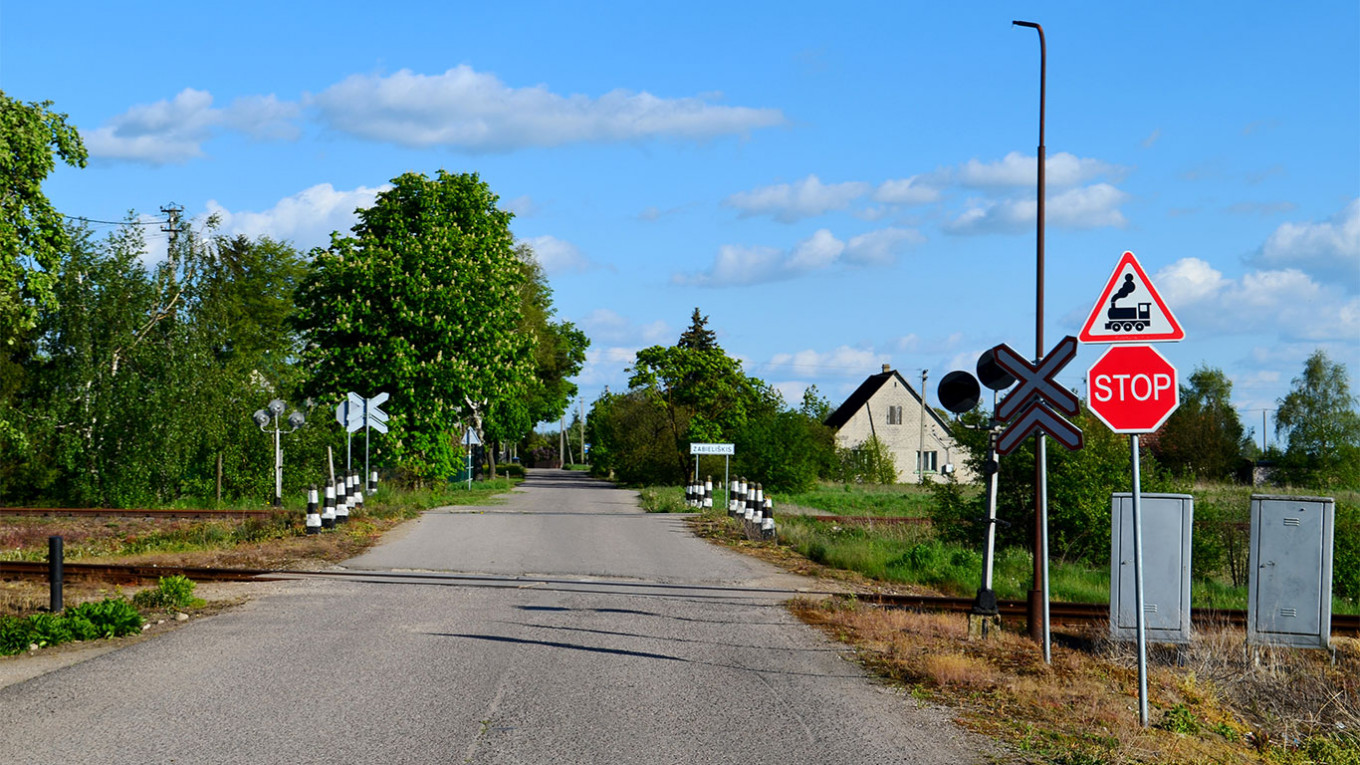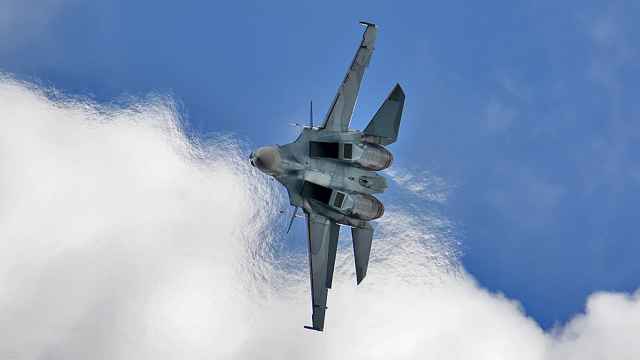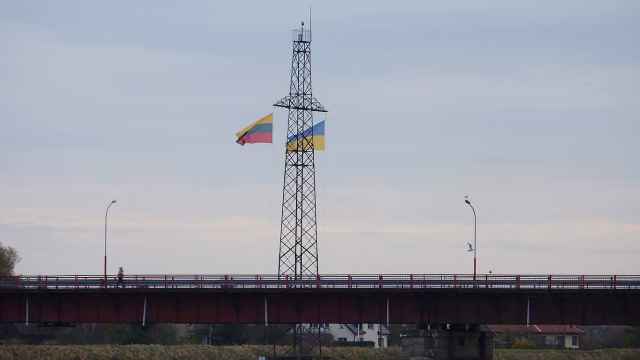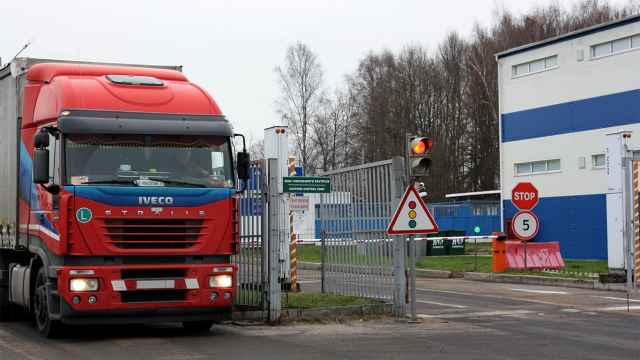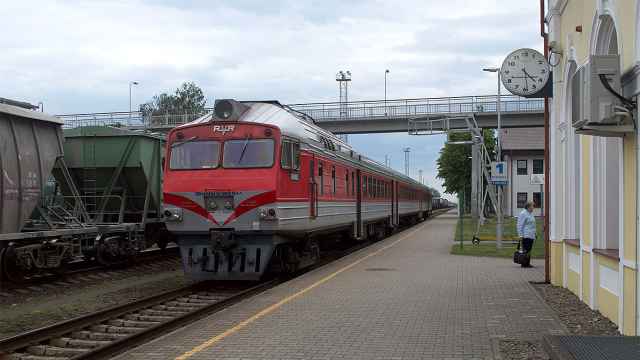Russia on Monday demanded the immediate lifting of Lithuania's "openly hostile" restrictions on the rail transit of EU-sanctioned goods to Moscow's exclave of Kaliningrad that borders Lithuania and Poland.
Moscow accused the Baltic nation of banning the rail transit of goods subject to sanctions imposed by the European Union over Russia's miliary campaign in Ukraine.
Russia's foreign ministry said in a statement on Monday that it had summoned Lithuania's charge d'affaires in Moscow to protest the "provocative" and "openly hostile" measures.
"If in the near future cargo transit between the Kaliningrad region and the rest of the territory of the Russian Federation through Lithuania is not restored in full, then Russia reserves the right to take actions to protect its national interests," the ministry said.
According to the ministry, the transit ban violates a 2002 Russia-EU agreement
The Kremlin said Lithuania's decision was "unprecedented" and "in violation of everything there is," and suggested that retaliatory measures would follow.
"The situation is more than serious and it requires a very deep analysis before formulating any measures and decisions," Kremlin spokesman Dmitry Peskov told reporters.
Earlier on Monday, Lithuanian Foreign Minister Gabrielius Landsbergis said the ban was imposed in compliance with European sanctions over Ukraine.
"These are European sanctions that started to work from June 17," he told journalists in Luxembourg, specifying that in this case it concerned the rail transport of steel products.
'No right to threaten Lithuania'
Ukraine's Foreign Minister Dmytro Kuleba criticized Russia following the statement from Moscow's Foreign Ministry.
"Russia has no right to threaten Lithuania. Moscow has only itself to blame for the consequences of its unprovoked and unjustified invasion of Ukraine," Kuleba said in a statement on social media.
According to Kaliningrad governor Anton Alikhanov, the ban will affect between 40-50% of all imports to the exclave.
The list includes coal, metals, construction materials and advanced technology.
Speaking to Russian state TV on Monday, Alikhanov said the situation was "unpleasant but solvable" and the goods could be delivered by sea.
These goods were not intended for trade in Europe but for "supplying" the region, he added.
Wedged between EU and NATO members Lithuania and Poland, the heavily militarized exclave of Kaliningrad does not share a land border with Russia.
The region — previously called Konigsberg — was captured by Soviet troops during World War II and when the Baltic states became independent with the dissolution of the U.S.S.R. in 1991, the region became cut off from Russia.
The region on the shores of the Baltic Sea is the base of Russia's Baltic Fleet and Moscow says it has deployed nuclear-capable Iskander missiles there.
Relations between Moscow and Lithuania — as well its Baltic neighbors Latvia and Estonia — have soured for years, fueled by Russia's heightened tensions with the West.
A Message from The Moscow Times:
Dear readers,
We are facing unprecedented challenges. Russia's Prosecutor General's Office has designated The Moscow Times as an "undesirable" organization, criminalizing our work and putting our staff at risk of prosecution. This follows our earlier unjust labeling as a "foreign agent."
These actions are direct attempts to silence independent journalism in Russia. The authorities claim our work "discredits the decisions of the Russian leadership." We see things differently: we strive to provide accurate, unbiased reporting on Russia.
We, the journalists of The Moscow Times, refuse to be silenced. But to continue our work, we need your help.
Your support, no matter how small, makes a world of difference. If you can, please support us monthly starting from just $2. It's quick to set up, and every contribution makes a significant impact.
By supporting The Moscow Times, you're defending open, independent journalism in the face of repression. Thank you for standing with us.
Remind me later.


